Editorials
Fiction has always been a place where readers escape into exaggerated realities, whether it is the brooding alpha male of a steamy romance or the suave secret agent bedding beautiful women between missions. Yet when it comes to gendered writing, the criticism is far from equal. Male authors are often mocked for objectifying descriptions, while female authors are rarely called out for creating impossibly perfect heroes with toxic traits framed as desirable.
This week, Ginger makes the case that both sides are guilty of indulging in fantasy, and that is exactly the point. These books thrive not because they are trying to reflect everyday life, but to give readers the thrill of sweet escapism. So instead of tearing down gendered fiction, he argues that we should recognize it for what it is and celebrate the joy it brings to millions of readers.
In last week’s article, I dove into the viral “Describe Yourself as a Male Author Would” meme, which hilariously—but often unfairly—lampoons how male writers supposedly depict women in their writing: Objectified, unrealistic figures defined by their physical attributes, like “her breasts strained against the fabric of her shirt, defying gravity and logic alike.”
The meme, born from frustration with sexist tropes, paints male authors as inherently incapable of crafting authentic female characters, reducing them to the single-dimension in their books.
Now, I’m not arguing that this meme doesn’t have a fair bit of truth to it, but I still pushed back, arguing that while there are plenty of cringeworthy examples from male-penned books, female authors aren’t immune to committing similar sins in their own novels. In fact, through sheer weight of numbers, there might even be more instances of female authors crafting “bad” male characters than the other way around, especially in the romance genre that dominates self-publishing sales.
I used Stephenie Meyer’s Edward Cullen from the Twilight series as an example. He’s immortal, brooding, and obsessively protective to the point of stalking. Behaviors that, in real life, scream red flags, yet are romanticized as ultimate devotion in her books.
Likewise, E.L. James’s Christian Grey in Fifty Shades of Grey is a billionaire with a penchant for control and BDSM that’s framed as seductive rather than abusive. These aren’t outliers; they’re emblematic of a trend in steamy romance where the physicality and behaviors of male leads are often exaggerated to absurd degrees.
In some of the more lurid self-published romances on platforms like Amazon Kindle Unlimited, heroes tower at seven feet or more, are muscular enough to bench-press a truck, and possess… ahem… “endowments” so enormous they’d realistically send most women to the emergency room.
(Yes, authors sometimes describe what’s in their hero’s pants in terms that defy anatomy textbooks!)
Add in tragic backstories—orphaned, scarred by war, or betrayed by ex-lovers—that female writers openly joke about “torturing” their heroes with, plus anger management issues, possessive jealousy, and alpha-male dominance that borders on toxicity, and you have to start realizing an underlying truth about steamy romance genres.
These traits aren’t just flaws, they’re fetishized as part of the fantasy!
Yet, no meme has gone viral mocking these ridiculous male caricatures with the same ferocity as “Describe Yourself as a Male Author Would.” There’s no widespread Twitter thread where men parody “she wrote him as a female author would”, perhaps because very few men would measure up to a male character written by a woman!
One of the reasons female-written romance fiction gets a free pass is the tacit understanding that steamy romance novels are pure escapism. Women (and plenty of other readers) dive into these books to flee the mundane (or downright disappointing) realities of everyday men.
Compared to our real-life dad-bods and male pattern baldness, who wouldn’t want a brooding billionaire who sweeps you off your feet, trauma and all? Who obsesses over you to the point that all other women are invisible, and will commit everything up to and including murder to protect you?
As a self-published author myself, I get it! Escapism is the lifeblood of genre fiction. It’s why these steamy romance books sell millions of copies, practically powering the indie market.
And more than that. In all honesty? I love it, too. I read a lot of female-written romance novels and I really enjoy how outrageous some of them are. Give me over-the-top fantasies any day of the week, especially over the grim realism we have to deal with in the real-world.
But here’s where the double standard kicks in, and it’s one that self-published authors should grapple with if we want a healthier writing community.
Many of the books women cite as examples of men writing women poorly are, at their heart, no different to steamy romance novels. They’re blatant escapism, just targeted towards male readers rather than female ones.
Think spy thrillers or adventure novels, where exaggerated male heroes like Lee Child’s Jack Reacher roam the country like a modern-day Ronan. He’s a six-foot-five, 250-pound drifter who solves problems with fists and wits, engaged in adventures filled with damsels who inevitably fall for him because of his confidence, physicality, and stoic demeanor.
In Ian Fleming’s James Bond series, Bond girls are often described in objectifying detail: lithe, exotic, with curves that could launch a thousand ships (or at least a few gadgets). They always find Bond irresistible, but that’s the point! These stories are male fantasies. Men read them to escape into a world where they’re the suave, unbreakable agent bedding beautiful women between martinis and missions. The objectifying descriptions—yes, including fixations on breasts—stem from that. In all honesty, as men, our inner monologues sometimes do linger on such things when we’re interacting with women we’re attracted to. It’s not always noble, and we should never allow it to make somebody feel uncomfortable, but it’s human.
And whether we’re describing a plump pair of breasts or a manhood the size of a salami, Jack Reacher had it right when he argued: “Details matter.”
Male readers are very detail oriented, but so are female readers. It just depends what the details are.
For example, in female-targeted romance an author can’t just write “a handbag” or “a pair of shoes.” No, it has to be a vintage Chanel flap bag in quilted lambskin or Louboutin stilettos with red soles that click authoritatively across marble floors. Details matter because they feed the fantasy. They allow you to imagine yourself right there in the heat of the action.
In male-escapist fiction, you can’t just say “a gun” or “a car.” It has to be a 7.65mm Walther PPK with a suppressor, or a 1933 Bentley Blower roaring down winding roads. Men crave specifics on what fascinates us: gadgets, vehicles, and yes, physical attributes like breasts.
It’s the essence of objectification, treating elements as objects of desire, detailed lovingly for the audience. The “male voice” in these genres caters to that, just as the “female voice” in romance lavishes attention on different details, like emotional turmoil and physical perfection.
Mocking how men write women in escapist fiction essentially ridicules the entire “male voice”—the unfiltered, sometimes crude perspective that speaks to male readers. It’s not to say that the criticism isn’t valid. Perhaps male-targeted fiction is often a little more simplistic and straightforward than books written by and targeted to women, but it’s also why these books appeal to male readers, and why men enjoy reading them.
They’re written using the same thoughts and tone as men actually think, so to criticize the “male voice” in fiction is to criticize the male voice in reality, as well.
And I don’t think it’s very evolved to do that while simultaneously handing a free pass to the egregious excesses of female-focused escapism, like all those trauma-riddled, possessive hunks in steamy novels.
Self-published authors thrive on these genres; romance alone accounts for a huge chunk of indie revenue. These books are also incredibly fun to read. The absurd and horrifying behavior in Hunting Adelaine, for example, sounds like something that should be the subject of a True Crime podcast. And one of the reasons the books read so well is that the (female) authors who wrote them don’t feel the need to censor themselves in case they offend sensitive readers. Many books carry trigger warnings specifically to keep those kinds of readers at bay!
But male-written fiction doesn’t get that kind of grace, and this lopsided criticism creates a chilling effect, making male writers hesitant to embrace their authentic voices for fear of being accused of sexism, or being memed into oblivion.
Some people argue that men writing fiction that objectifies women somehow legitimizes or encourages this kind of behavior in the real world, and I can see where they’re coming from. But why is this standard only held against male writers? The entire first half of Hunting Adelaine, for example, is basically “torture porn” outlining the horrific trauma inflicted on our poor heroine, and instead of being criticized for explicit descriptions of sexual violence, that book is available for sale on the shelves at Target.
In conclusion, I think we all need to chill out and stop holding this double standard. Instead of tearing down gendered fiction, we should celebrate its escapist joys, assuming readers know the difference between fantasy and reality, and encouraging more reading across the board.
I think this is one of the reasons why women continue to dominate book consumption, and male readership is actually shrinking, particularly in fiction.
According to data from the National Endowment for the Arts’ Survey of Public Participation in the Arts, the percentage of men reading fiction dropped from 35.1% in 2012 to 33.0% in 2017, and further to 27.7% in 2022, amid broader historical declines in reading rates.
Maybe part of this slide stems from mean-spirited assaults on the “male voice” in male-targeted fiction, which alienates potential readers and writers. As self-published authors, we know the real world is terrible—full of disappointments, inequalities, and daily grinds. Escapist literature offers a sweet refuge, whether it’s a woman losing herself in a dominant alpha’s arms or a man finding a beautiful woman in his hotel bed after surviving a deadly shootout.
Let’s embrace it all, without these double standards. Women shouldn’t just let men read what they want; they should foster a community where all voices thrive. After all, in a divided world, books are one of the few places we can all escape together.
But that’s just my opinion. What do you think? Does gendered escapism deserve a free pass, or should we call out absurdities on both sides?
Share your take below, and maybe recommend your own favorite escapist reads, be them male-voiced, female-voiced, or otherwise.
Share this blog
About the Author

Ginger is also known as Roland Hulme - a digital Don Draper with a Hemingway complex. Under a penname, he's sold 65,000+ copies of his romance novels, and reached more than 320,000 readers through Kindle Unlimited - using his background in marketing, advertising, and social media to reach an ever-expanding audience.


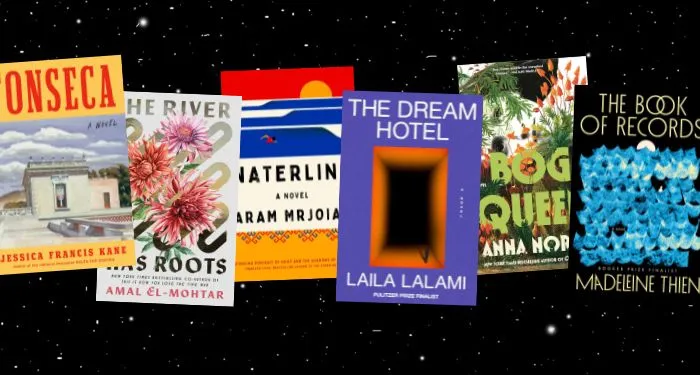
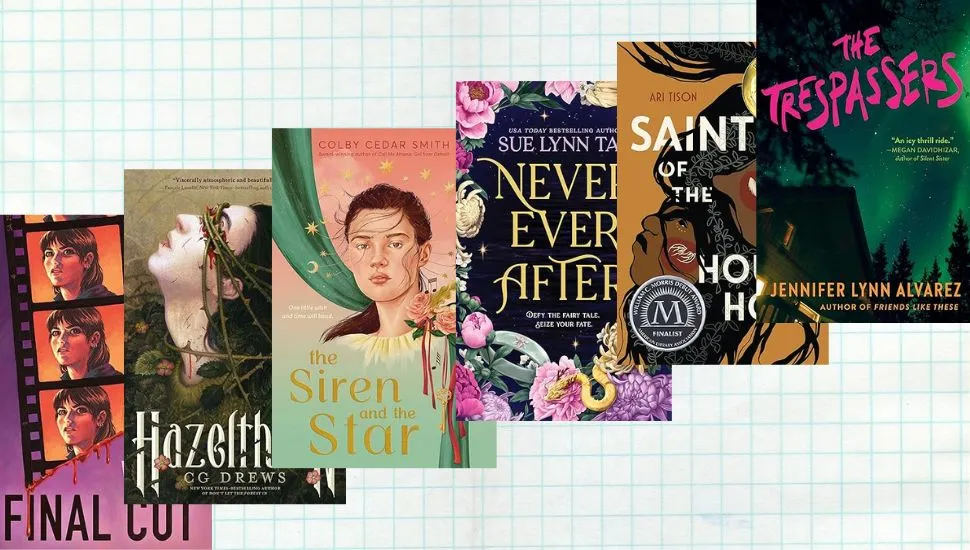
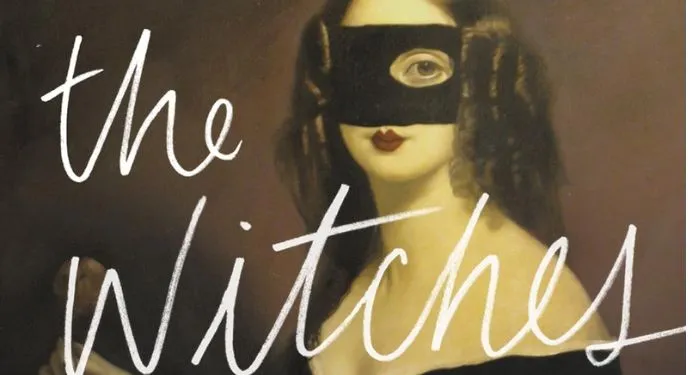
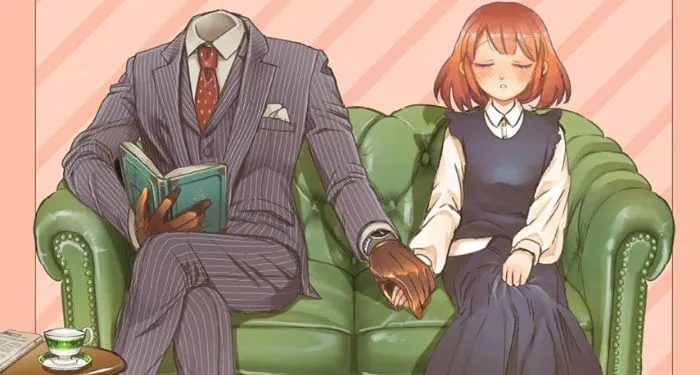
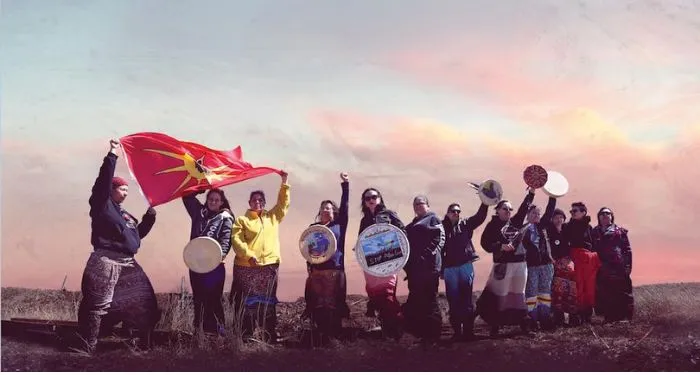

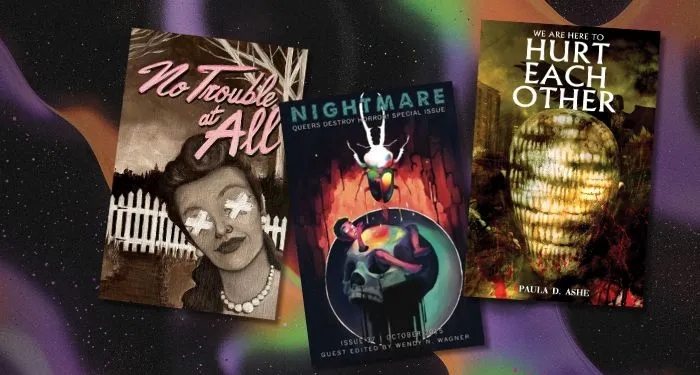



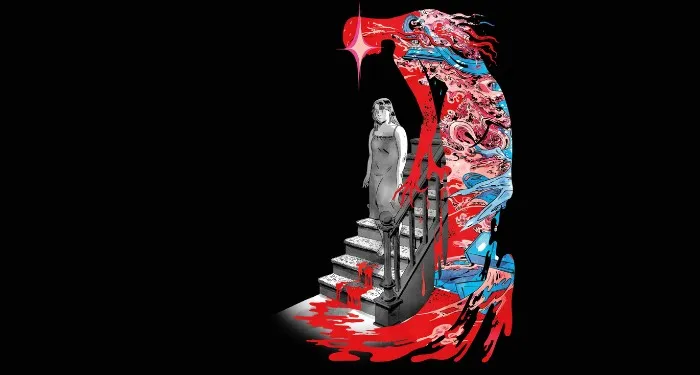


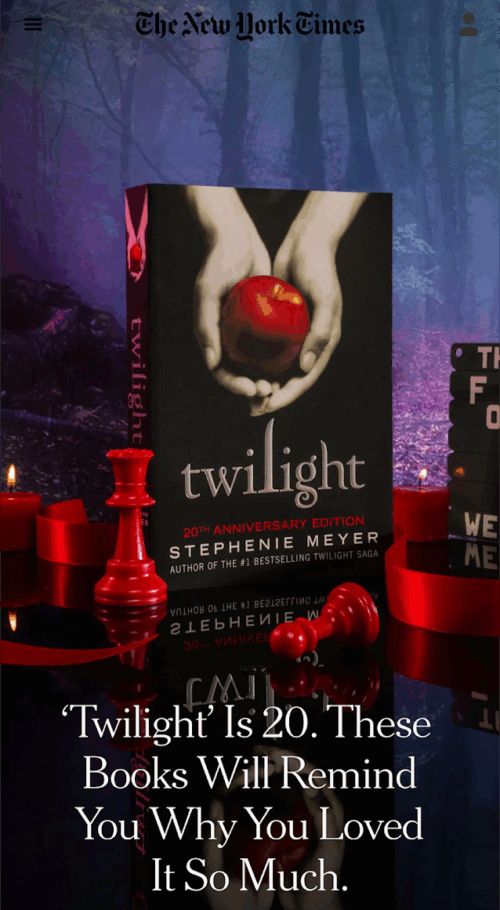
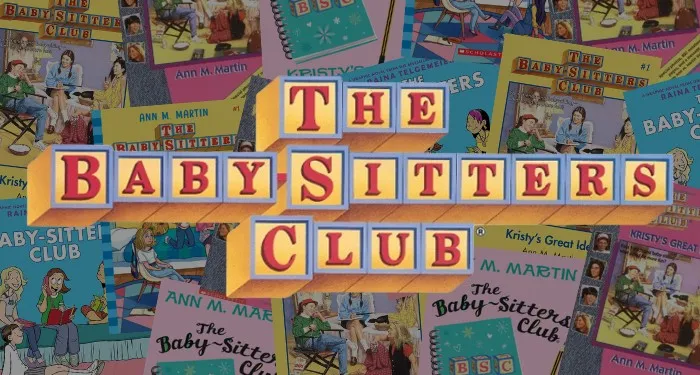


 English (US) ·
English (US) ·